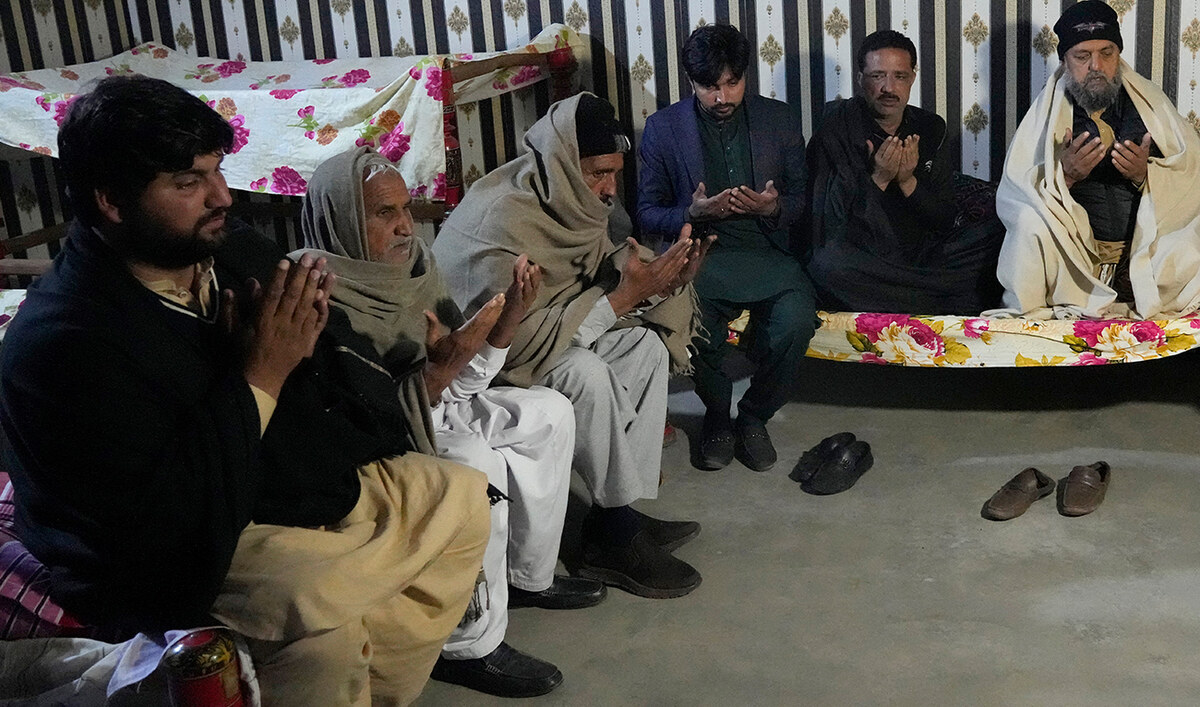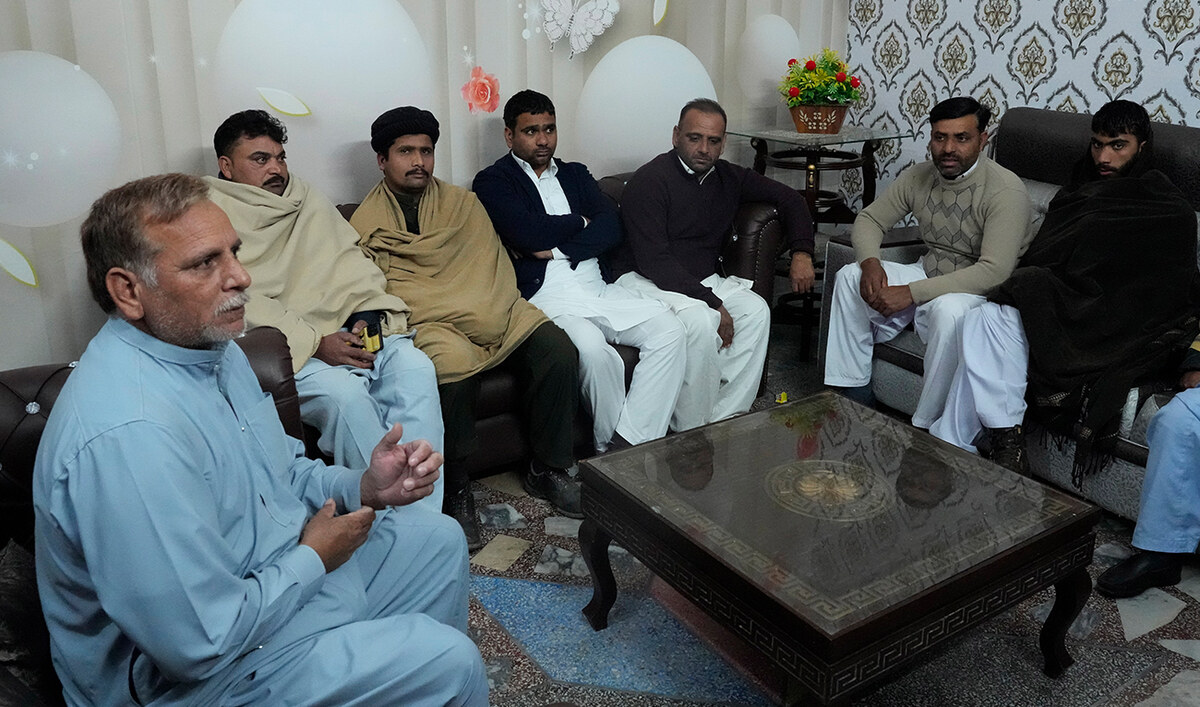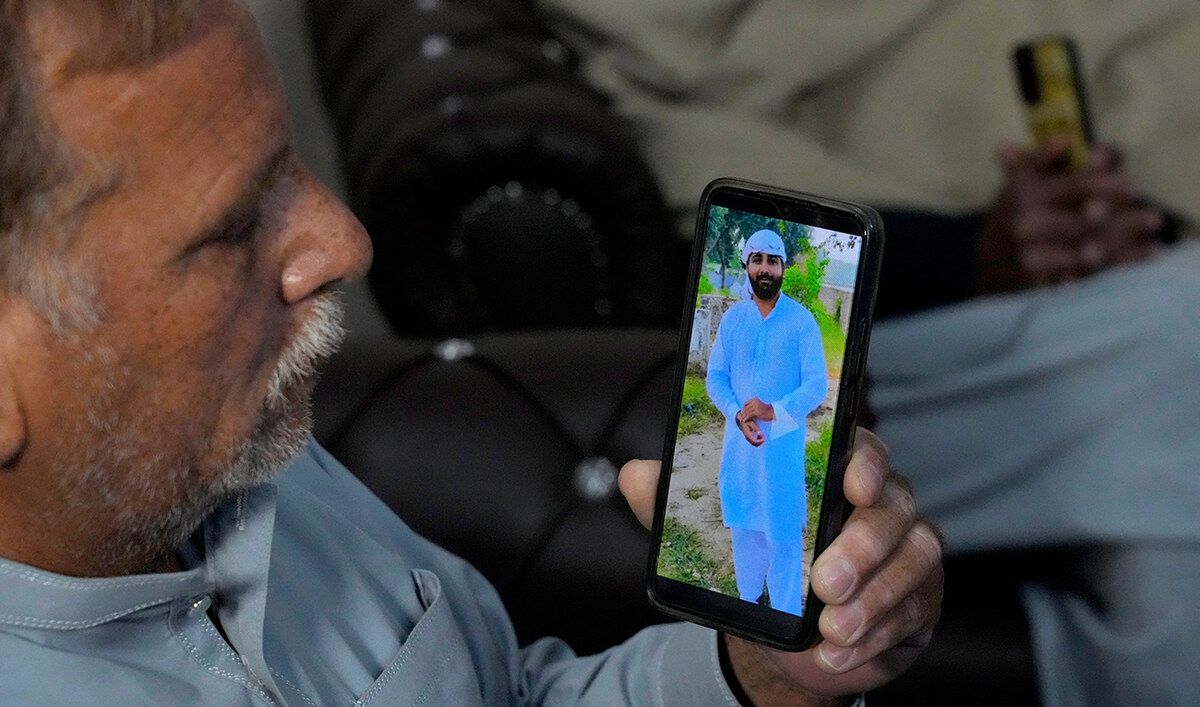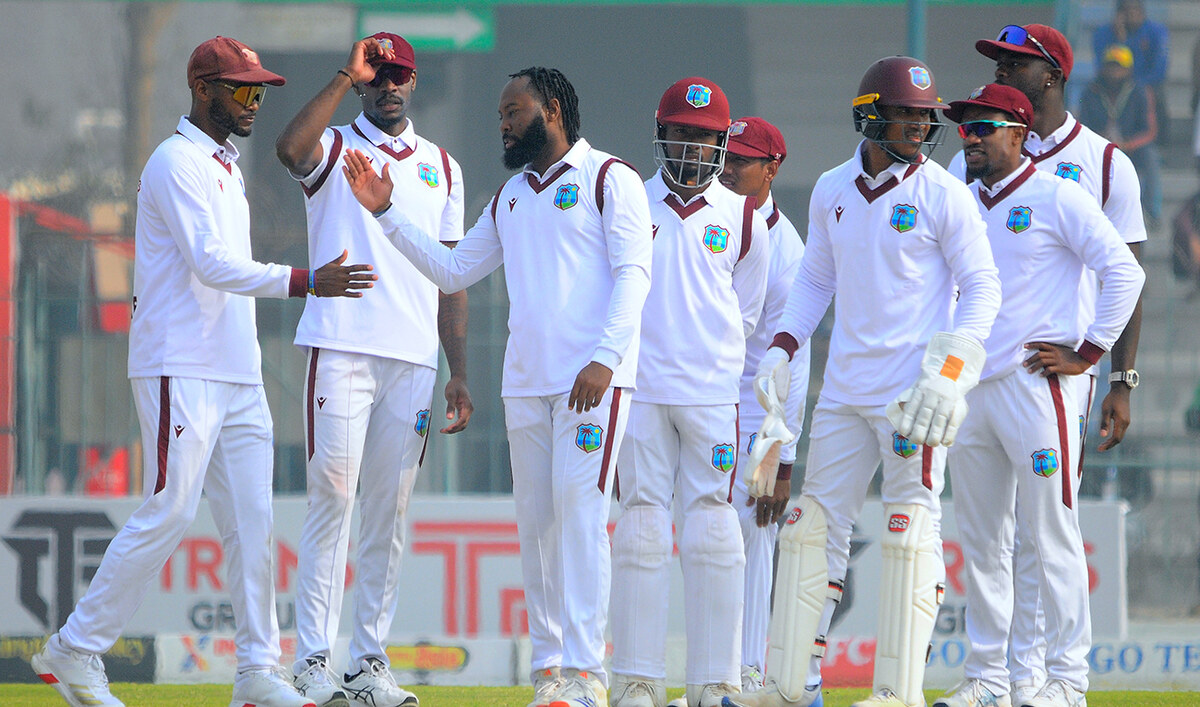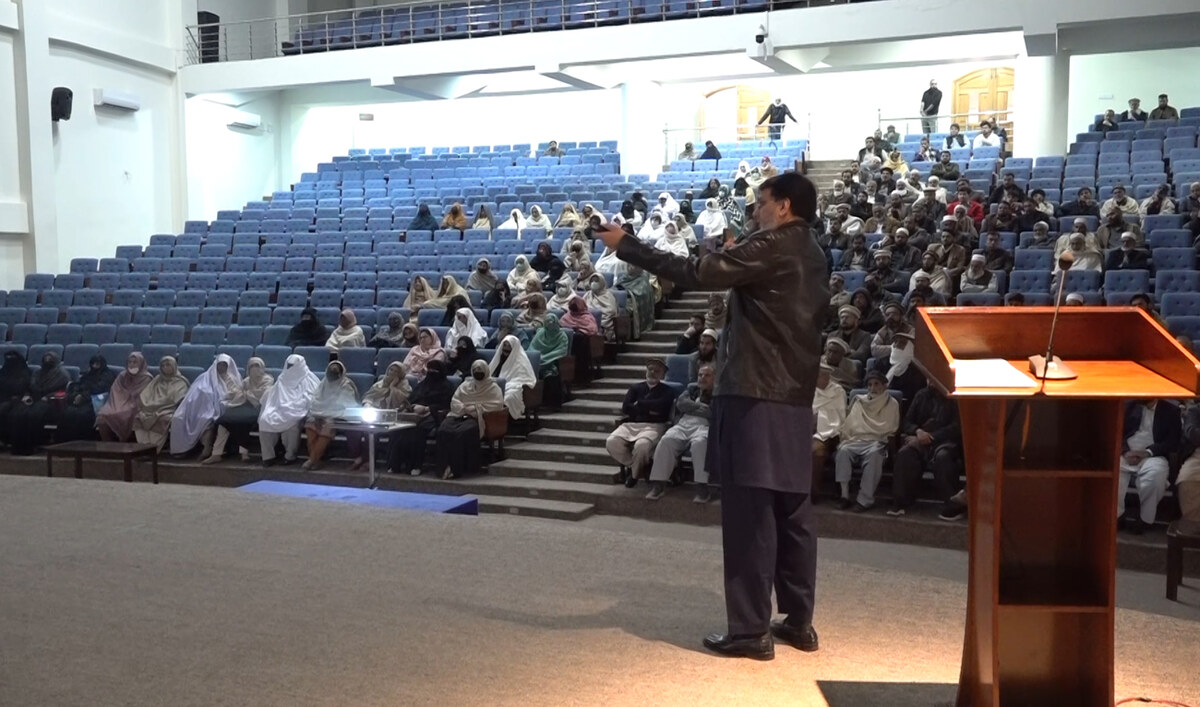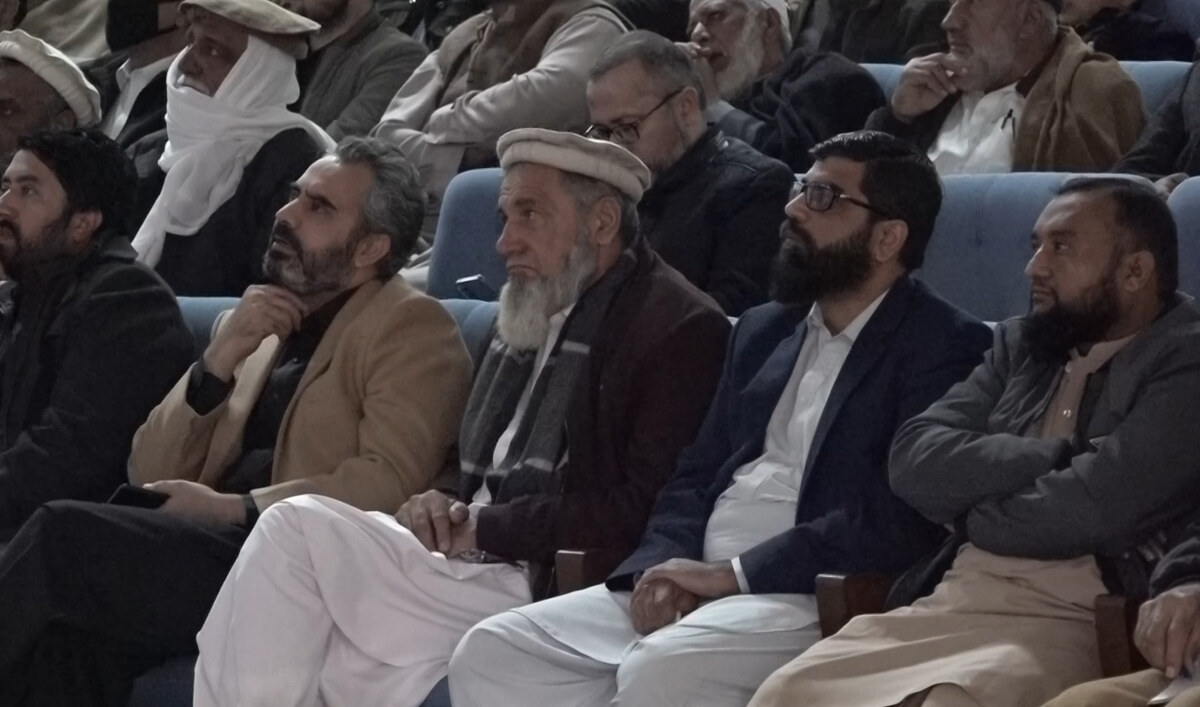ISLAMABAD: Muhammad Kashif Riaz scooped a large spoonful of chicken and mandi rice into his mouth at the Lebanese restaurant Arbicana in Islamabad earlier this month, and then reached for a piece of fatayer, a small triangular-shaped pastry filled with spinach, cheese and meat.
The dishes are both popular in the Middle East and available at a number of Arab food eateries in the Pakistani capital, reflecting the growing popularity of the cuisine in the South Asian nation.
Arbicana in particular has been serving customers Middle Eastern dishes since 2022, with its menu including items like shawarma, mandi, fatayer and falafel, among others.
Riaz said he had developed a taste for the food during visits to Saudi Arabia and Australia.
“People are really enjoying Middle Eastern food here,” Riaz told Arab News as he served himself more mandi, a Yemeni dish consisting mainly of meat and rice with a special blend of spices, cooked in a pit.
“The food is quite good. We’ve tried this Arabian food in Australia, also then Saudi Arabia, and now we’ve come here [to Arbicana] for the second time,” Riaz added as he ate at Arbicana’s F-7 area branch.
A shawarma at Arbicana costs Rs800 ($2.90) while fatayer pastries cost Rs1200 ($4.35) a piece. A single serving of mandi is Rs1300 ($4.75).
Fazal Hadi, the manager at Arbicana, said the restaurant owners wanted to bring “authentic” Arab cuisine to Pakistan’s capital, which is why they hired a Pakistani chef named Farman Ali who had worked for nearly a decade in Saudi Arabia and was well-versed in Middle Eastern cuisines, particularly Lebanese dishes.
“This food is healthy, and the real appeal of Lebanese food lies in its use of wholesome ingredients, with all recipes featuring fresh olive oil, black pepper, cumin, and lemon,” Ali said.
Hadi said the move to begin operations in Islamabad in 2022 had paid off and the restaurant had opened another outlet in the capital recently.
“We received such a good response from customers [in F-7] that within two years, we opened another branch in F-10 Markaz to meet the growing demand,” Hadi said.
Kashif Anwar, a frequent traveler overseas who had developed a taste for Arab cuisine on trips to Saudi Arabia and elsewhere, said Arab restaurants were gaining popularity in Islamabad, particularly those selling mandi.
“Their shawarma is particularly very good and the falafel, we enjoy that,” he said. “And today we are here to try the mandi.”
Another popular spot is Arz Lebanon in Islamabad’s F-7 area, which opened for business in 2016 and has since seen a steady stream of customers.
Customer Ruhullah Khan said the food’s popularity was evidenced by the fact that the restaurant was full even at 11pm.
“Years ago, I think this was one of the first Arab restaurants that opened in Islamabad,” Khan said. “Before that people were not really familiar with Arabic food.”
In Islamabad’s F-10 area, the House of Arabic Mandi has been selling the traditional rice dish since it opened last year.
“There were very few Arabic restaurants before,” said Muhammad Hassan as he waited for his order of mandi with a group of friends, “but their increasing number now shows that Pakistani people truly enjoy Arab cuisine.”






